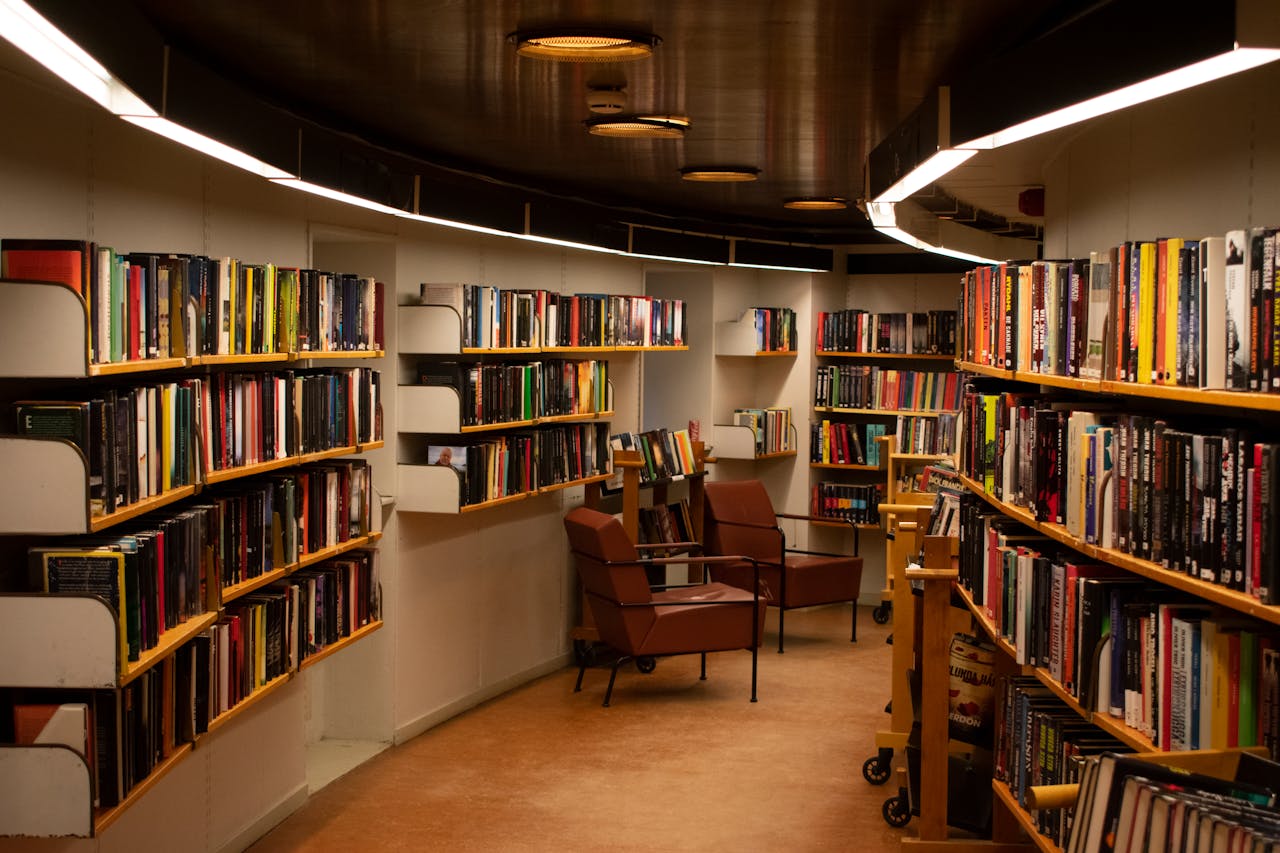The Role of Libraries in Lifelong Learning: Resources and Services for Continuing Education
Libraries have long been regarded as gateways to knowledge, offering a wealth of information and resources to the public. In an age where the pursuit of knowledge is more accessible than ever, the role of libraries in promoting lifelong learning has never been more vital. Beyond just lending books, libraries serve as community hubs, providing diverse resources and services that support individuals in their quest for continuous education and personal development. Let’s explore how libraries contribute to lifelong learning and the various resources they offer to the community.

Understanding Lifelong Learning
What is Lifelong Learning?
Lifelong learning refers to the ongoing, voluntary, and self-motivated pursuit of knowledge for personal or professional development. It encompasses formal and informal learning throughout a person's life, from early childhood to old age. Lifelong learning encourages individuals to explore new subjects, acquire new skills, and adapt to the changing demands of society. Libraries play a pivotal role in facilitating this learning journey by offering a diverse range of resources and support.
Access to Information and Resources
A Wealth of Knowledge at Your Fingertips
One of the most significant roles of libraries in lifelong learning is providing access to a vast array of information and resources. Here’s how they do it:
-
Books and Digital Collections: Libraries offer an extensive collection of physical books, e-books, and audiobooks across various subjects. From classic literature to the latest scientific research, libraries cater to diverse interests and needs.
-
Online Databases and Journals: Many libraries provide access to online databases, journals, and academic resources that individuals can use for research or self-study. These resources are often available remotely, allowing users to explore them at their convenience.
-
Multimedia Resources: In addition to traditional books, libraries offer multimedia resources such as documentaries, films, and educational programs. These resources can enrich the learning experience and provide alternative ways to engage with information.
Workshops and Educational Programs
Learning Opportunities Beyond Books
Libraries are not just repositories of information; they also host a variety of workshops and educational programs designed to promote skill development and personal growth. Here are some common offerings:
-
Skill Development Workshops: Libraries often organize workshops on various topics, including computer literacy, coding, writing, art, and even financial literacy. These hands-on sessions empower individuals to gain practical skills that can enhance their personal and professional lives.
-
Guest Speakers and Lectures: Many libraries invite experts, authors, and educators to give lectures and presentations on specific topics. These events provide opportunities for attendees to learn directly from knowledgeable individuals and engage in discussions.
-
Book Clubs and Discussion Groups: Libraries often facilitate book clubs and discussion groups, fostering a sense of community and encouraging critical thinking. These gatherings allow participants to explore literature and share perspectives, enhancing their understanding of different themes and ideas.

Technology Access and Digital Literacy
Bridging the Digital Divide
In today's digital world, access to technology and digital literacy skills is essential for lifelong learning. Libraries play a crucial role in bridging the digital divide by offering:
-
Public Computers and Internet Access: Many libraries provide free access to computers and high-speed internet. This access enables individuals to conduct research, complete online courses, or apply for jobs, ensuring that everyone has the tools they need for success.
-
Digital Literacy Programs: Libraries often offer classes on basic computer skills, internet safety, and software training. These programs help individuals become more confident and proficient in using technology, which is increasingly important in the modern workforce.
-
Access to E-Learning Platforms: Many libraries partner with e-learning platforms to provide patrons with access to online courses. These partnerships enable users to learn at their own pace and explore topics that interest them.

Community Engagement and Support
Libraries as Community Hubs
Libraries are integral to fostering community engagement and support. They serve as safe spaces where individuals can come together, share ideas, and collaborate. Here’s how libraries facilitate community engagement:
-
Networking Opportunities: Libraries often host community events, allowing individuals to connect with others who share similar interests. These gatherings can lead to collaborations, partnerships, and the exchange of ideas.
-
Support for Local Initiatives: Many libraries support local initiatives, such as job fairs, health screenings, and cultural events. By partnering with local organizations, libraries enhance community cohesion and provide valuable resources to residents.
-
Mentorship Programs: Some libraries offer mentorship programs, connecting individuals seeking guidance with experienced mentors in various fields. These relationships can be instrumental in personal and professional development.
The Future of Libraries in Lifelong Learning
As society continues to evolve, the role of libraries in promoting lifelong learning will remain essential. Libraries are adapting to the changing landscape by embracing technology, expanding their resources, and fostering community engagement. They are no longer just places to borrow books; they are dynamic centers for learning and personal growth.
In a world where knowledge is constantly evolving, libraries are committed to supporting individuals in their lifelong learning journeys. By providing access to information, offering educational programs, and fostering community engagement, libraries empower individuals to pursue their passions and reach their full potential. Whether you’re a student, a professional, or simply a curious learner, your local library is a valuable resource waiting to be explored. So, why not take a trip to your library today and discover the treasures it has to offer?












